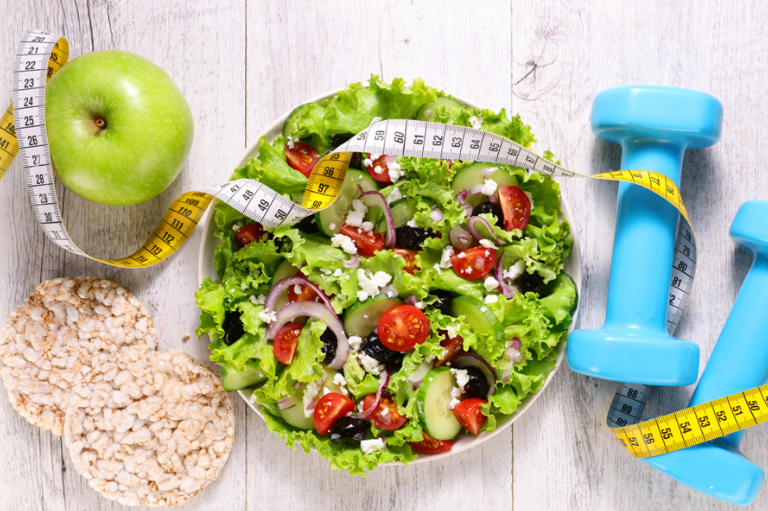- Presented by
- Diogenes Bolivar Mosquera
- Get wholesale pricing
- Save 20% or more
- Free shipping on orders from 125€ or more. Consult shipping conditions.
Are you sure you want to leave Diogenes Bolivar Mosquera's MyShop site?
Are you sure you want to leave Diogenes Bolivar Mosquera's MyShop site?

Written by: Marian Alonso-Cortés (dietist-nutricionist)
Published on: March, 2023
One out of every two people is not happy with their body composition (1). This also coincides with the percentage of people who are overweight and obese in the world (2) and in Europe (3).
Calculating your body fat percentage is fine, but it doesn’t end there. To improve body composition, calculating the balance between percentage of fat, percentage of muscle mass and water, among other parameters, is what will truly help you learn more about your physical condition and other needs.
This is because we can weigh many kilos but have a low fat percentage and a high muscle mass percentage. As is the case for some athletes. We can also lose weight but not have a balanced fat percentage. Therefore, although body weight is our most common measurement, what’s really important is to have a balanced body composition.
To be able to improve your body composition, working out if you have the right lifestyle is the first thing you should do. Here’s the formula we recommend:

We know the answer won’t be a specific number. If only it were that easy. But we’re sure it’ll make you think critically and help you answer this question: “do I need to improve my lifestyle?”
As well as a healthy diet, physical activity and sports, there are other variables that affect the formula for working out your body composition. Here are some of the most important ones:

The nutrients and bioactive compounds that are found in food, as well as food supplements, can help us achieve our objectives when it comes to reaching normal body composition values.
When we lose weight we run the risk of losing not just fat, but also the proteins that contribute to conserving muscle mass.
Fibre provides a feeling of fullness and helps maintain blood sugar levels, and thereby, control our appetite. To increase your fibre intake, opt for whole grain foods, pulses, fruits, vegetables and also supplements that contain glucomannan, chitosan (from crustaceans), etc.
Thermogenic foods accelerate our metabolism and burn fat. This occurs because the components of these foods act on the body’s capacity to generate heat due to metabolic reactions. Some examples are caffeine, green tea, guarana, dihydrocapsiate, etc.

Recent studies also show that an adequate proportion of Omega 3/ Omega 6 is an important dietetic factor when it comes to weight control, together with physical activity (5).
A varied, balanced diet (low in fat and sugar), accompanied by physical exercise and specific nutritional supplements is the perfect combination for improving body composition. Our goal should not just be to shed kilos, but to lose fat and maintain our muscle mass in order to achieve the right body composition.
You are trying to view a MyShop page. Please log out in order to view this website.